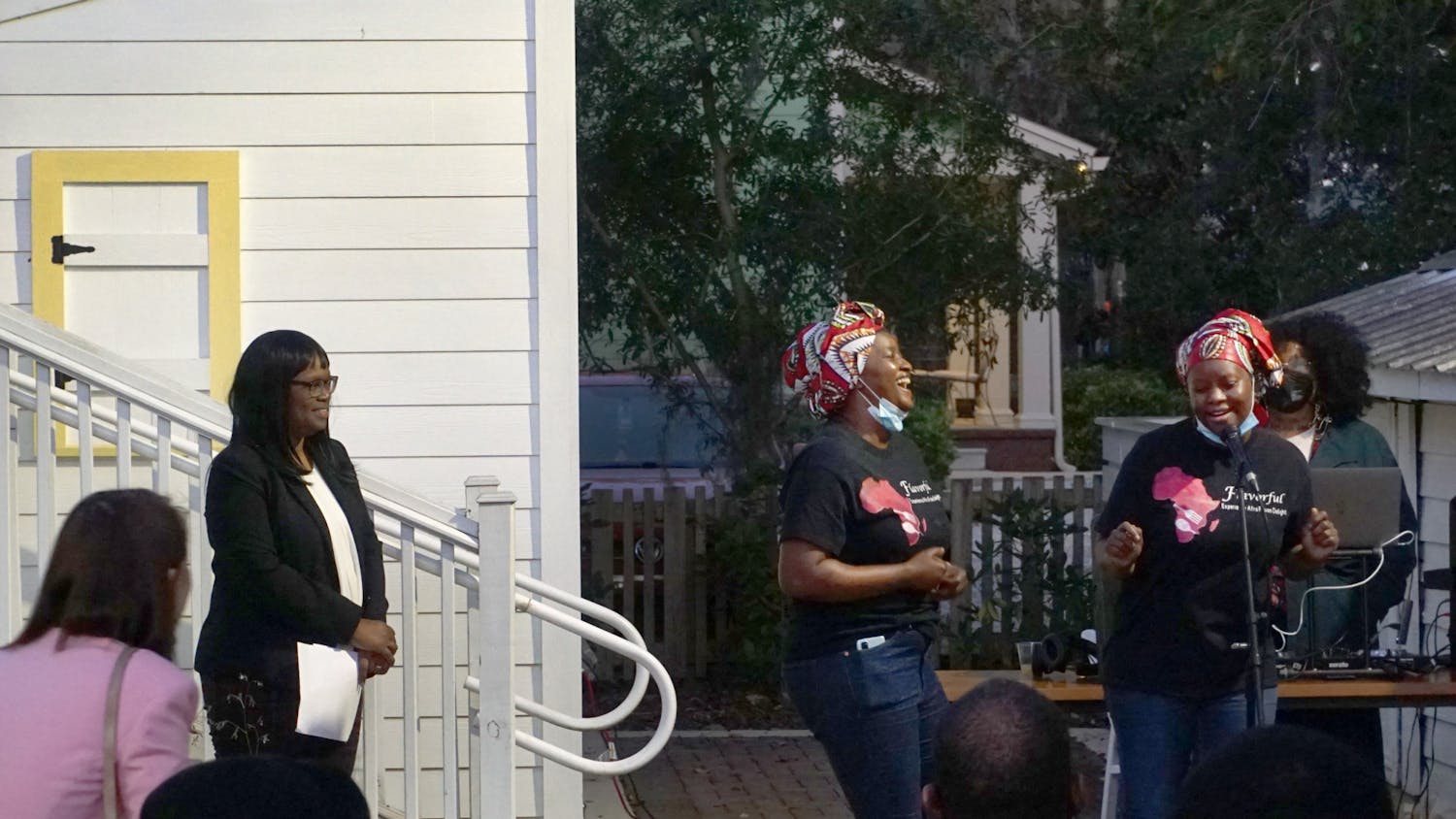Midway through April, we are enjoying the height of spring and the season of love.
“April is the cruellest month,” reads one of the most famous lines of modern poetry. If T.S. Eliot used April as a metaphor of love, it makes sense to consider it cruel.
After all, nothing gives equal dosages of pleasure and pain like love does.
Let’s take a look at one of college America’s favorite TV shows for some cultural insight. A quarter-way through season three’s finale of “Suits,” Harvey Specter’s favorite employee, Mike Ross, barges into his house to seek personal, not legal, help.
The young associate going through some serious turbulence with his girlfriend knows his boss is the man to turn to for guidance. Specter “excels” in balancing personal and professional lives — namely, by taking the George Clooney route to navigate relationships.
Ross pleads with Specter for advice: “What I know is that you seem to have relationships, again and again, and they don’t eat you up or spit you out or seem to affect you at all ... Harvey, I’m not judging you, all right? I’m just — I just need to know what your mindset is.”
Ever the slick lawyer, Specter escapes the role of Dr. Phil by suggesting Ross take the day off work.
Today, many of us find ourselves reluctant to engage in meaningful relationships with each other — let’s not even bring up the buzzkill word “commitment” — so as to not get emotionally distraught if things don’t work out.
If we are to dig deeper into the reason why we’d rather not get attached to each other, we have to return to that eternal, albeit trite, concept of love. From Ovid to St. Augustine, the ancients have ceaselessly noted the potent and addictive feelings of love, and today, we have fallen into the trap of being more obsessed with “falling in love” than we are with “standing in love” and more concerned with being the object of others’ love than with trying to master our own expression of love for others.
If we are to explore religious thought, the faithful make the case that pure love only be found with the Unmoved Mover. Simply sticking to human interactions, however, we can agree that the highest form of love is usually found in the mother-child relationship. So let’s take a look at that.
The mother unconditionally loves her child. As a parent, she has no expectation of reciprocity.
Sure, as her boy grows up, she misses him and would like the occasional phone call, but in her months of pregnancy, hours of labor and years of rearing, does the mother expect anything in exchange for her devotion?
As we see, love in its true sense is selfless and does not need to be reciprocated. As the late novelist W. Somerset Maugham put it, it’s more important “to love rather than to be loved.” This explains why the purity of unrequited love affects us so deeply. Maugham solemnly explained, “The love that lasts the longest is the love that is never returned.”
No modern philosopher has broken down this concept more skillfully than Erich Fromm.
In his book “Art of Loving,” he mentions a common dilemma many of us face: “the confusion between the initial experience of ‘falling’ in love, and the permanent state of being in love, or as we might better say, of ‘standing’ in love.”
The failure to distinguish between the two is due to our infatuation with the object — in this case, some person — rather than focusing on developing the faculty and the art of loving.
[Zulkar Khan is a UF microbiology senior. His columns appear on Mondays. A version of this column ran on page 6 on 4/15/2014 under the headline "Focus on giving — not receiving — love"]





